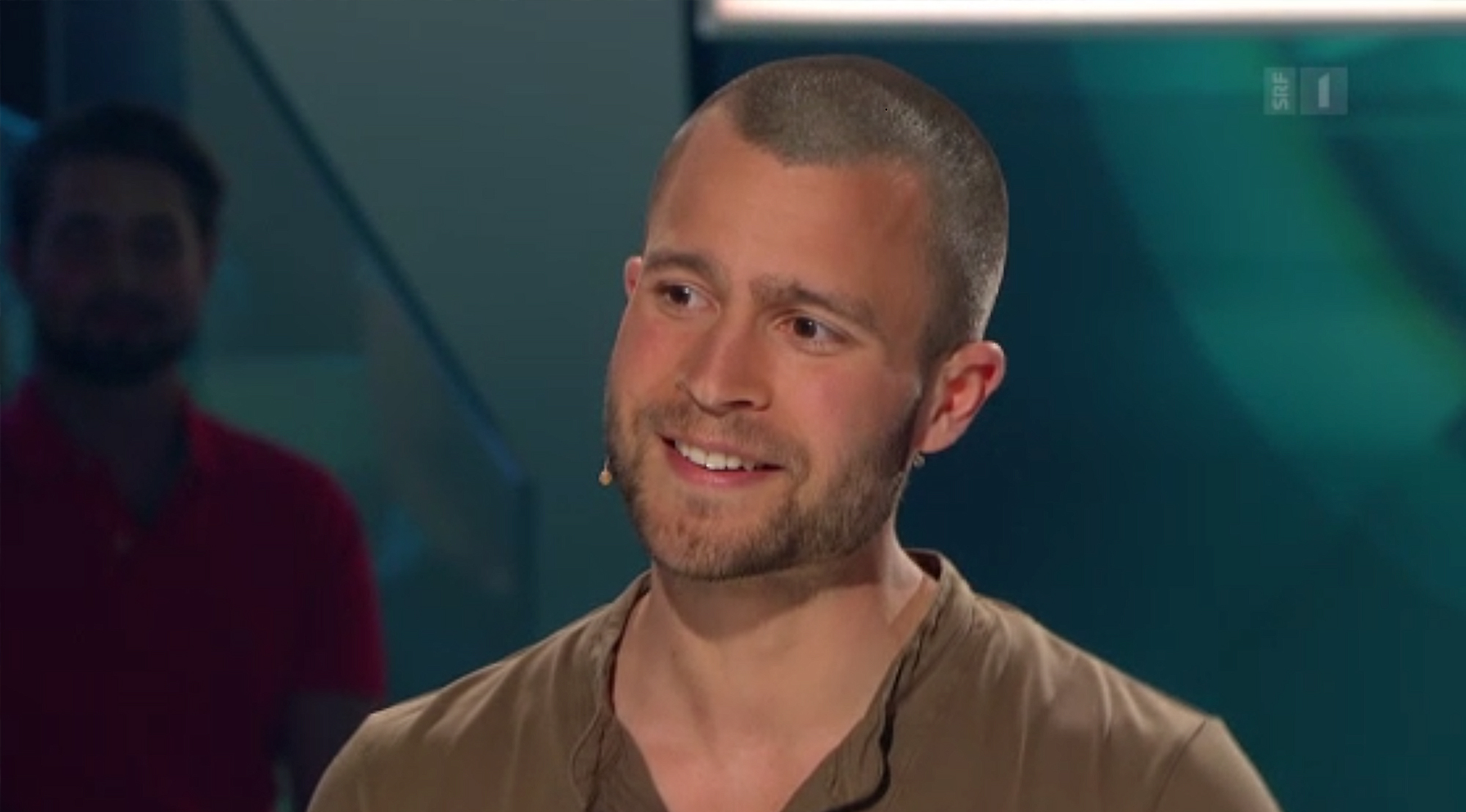Daniel Langmeier has been actively involved in the social sector for over ten years. Globalization, social justice, and north-south relations are prominent issues in every aspect of his life. He has just completed a Master’s degree in development studies. His great passion for human rights and peacebuilding in Honduras started six years ago, when he happened across a notice by Peace Watch Switzerland calling for “human rights accompaniment volunteers”. He doesn’t hesitate to sign up for an information event, which persuades him straight away. In 2013, he travels to Honduras as an accompaniment volunteer, not by plane but rather by ship, a journey that takes three weeks. Why? Simply to show that it was possible to get there without a plane. This healthy dose of spirit is what the Zurich local needs to go to Honduras at all, as it’s a tough place: the country has one of the highest murder rates in the world and the government does its utmost to suppress civil society.
Daniel’s work doesn’t stop when he returns to Switzerland. In fact, that’s when it really takes off! He joins the “Honduras Forum Schweiz”, which supports civil society in Honduras and works together with swisspeace on several projects. Those involved have a lot of ideas, but unfortunately most of them do not have the financial means to implement them. So Daniel has the idea of appearing on a television quiz show. Why not? He discovers the show “Top Secret” while visiting his grandparents, as he doesn’t have his own television. Once again, he seizes the opportunity and signs up. He has to wait a long time for an answer, but about one year later, contrary to all of his own expectations, Daniel finds himself sitting in the contestant’s chair on “Top Secret”.
Daniel gets through the first few questions without much difficulty. He is well-informed about politics and uses his general knowledge to make some good guesses. Then he is asked this question: “What is the latest development in Rivella’s story?” The options are: “Introduced a screw cap for liter bottles”, “Became a sponsor of the Swiss Alpine Ski Team”, “Broadcast first television commercial” or “Launched Rivella Blue”. Who on earth knows? Daniel taps “Launched Rivella Blue”. He guesses wrong and loses his chance to win the top prize of CHF 100,000. Now the pressure is really on, as he now only stands to win either the CHF 50,000 prize or the comparatively meager CHF 100 prize. The question is: “who was younger when they scored their first victory?” Was it Lara Gut or Martina Hingis? He has to guess and he guesses right. He therefore wins CHF 50,000 and donates all of it to the project in Honduras. To do anything else would be “too undemocratic”, according to Daniel.
He asks Anna Leissing, Head of KOFF at swisspeace, for advice on how the money could be spent most effectively. Other people – including some from the region in question – are consulted and the matter is discussed over several cups of tea. After all, it’s not every day that such a large donation is made without any administrative terms and conditions attached. What do the people of Honduras need that major NGOs cannot or will not provide? In March 2016, human rights activist Berta Cáceres is murdered. The shock affects everybody deeply. There is widespread grief, frustration, and a kind of paralysis among the activists. The incident also shows them the limitations of their current work and puts the concept of “safety” into perspective. Daniel and his fellow campaigners realize that psychosocial issues are not given enough consideration. In Honduras, a great need has emerged for a protected community, where people could come to terms with their daily experiences of violence, death, and impunity. The campaigners hope to help meet this need by providing a psychosocial learning community for human rights activists in Honduras. The CHF 50,000 project idea is born!
The detailed vision is as follows: in conflict zones, having to contend with daily violence and destruction, as well as constant threat to life and limb can push people to breaking point. There will be workshops designed to help people learn how to cope with the situation. This involves an almost unlimited range of methods: meditation, role-play exercises, yoga, dance, group discussions, etc. It’s important to help people acknowledge their feelings and to provide a space where they regain control.
The people involved in the project organize this learning community in their free time. After all, the prize money is not intended to pay Swiss wages, but to make a difference in the local area. “It was difficult not to take on too much,” says Daniel, “On the one hand, you want to accelerate a project, but on the other, you need to make sure you have room to breathe.” Eventually, he can go to Honduras for the final preparations, making it easier for him to coordinate the project. However, there is a severe setback: Daniel’s many years of work to promote human rights and peace in Honduras have put him in danger. Just before the learning community starts, he had to leave the country urgently for his own safety.
But in the spirit of his untiring efforts, the learning community goes ahead anyway. Over several days, the participants exchange experiences, dance, paint, and gather new strength and motivation. A sanctuary has been created, where people can talk openly. Even now, a year later, Daniel says that the workshop is mentioned in nearly every conversation and meeting with partner organizations. The idea has already been reused several times. This demonstrates the important role that creative and unrestricted projects can play in peacebuilding. These projects do not have quantifiable results, but everybody involved knows how essential they are. “Maybe sometimes safety isn’t found in a tank, but in a dance,” says Daniel as a closing remark.


